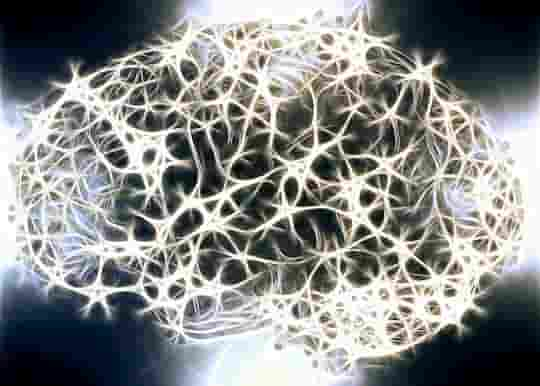Losing this sense is the strongest early sign of dementia.
Older people who cannot identify smells like lemons, paint-thinner and roses are at double the risk of developing dementia, research finds.
Problems with other senses, such as vision, hearing and touch, can also be indicative of dementia.
However, difficulty with smell is the biggest sensory sign of dementia.
Other early signs of dementia include changes in sense of humour, increased apathy, memory problems and being unaware of those memory problems, being unable to understand sarcasm and insomnia.
Dr Willa Brenowitz, the study’s first author, said:
“Sensory impairments could be due to underlying neurodegeneration or the same disease processes as those affecting cognition, such as stroke.
Alternatively, sensory impairments, particularly hearing and vision, may accelerate cognitive decline, either directly impacting cognition or indirectly by increasing social isolation, poor mobility and adverse mental health.”
The study included almost 1,800 people in their 70s who were tracked for up to 10 years.
Around one-in-five developed dementia during that time.
The results showed that people with poor senses were at twice the risk of developing the disease.
While previous research has focused on smell, this study added together the effects of all the senses.
Dr Brenowitz said:
“The olfactory bulb, which is critical for smell, is affected fairly early on in the course of the disease.
It’s thought that smell may be a preclinical indicator of dementia, while hearing and vision may have more of a role in promoting dementia.”
People’s whose sense of smell declined by 10 percent were at a 19 percent greater risk of dementia, the study found.
Declines in hearing touch and vision were linked to a 1-to-3 percent level of increased risk.
Dr Kristine Yaffe, study co-author, said:
“We found that with deteriorating multisensory functioning, the risk of cognitive decline increased in a dose-response manner.
Even mild or moderate sensory impairments across multiple domains were associated with an increased risk of dementia, indicating that people with poor multisensory function are a high-risk population that could be targeted prior to dementia onset for intervention.”
The study was published in the journal Alzheimer’s and Dementia (Brenowitz et al., 2020).

